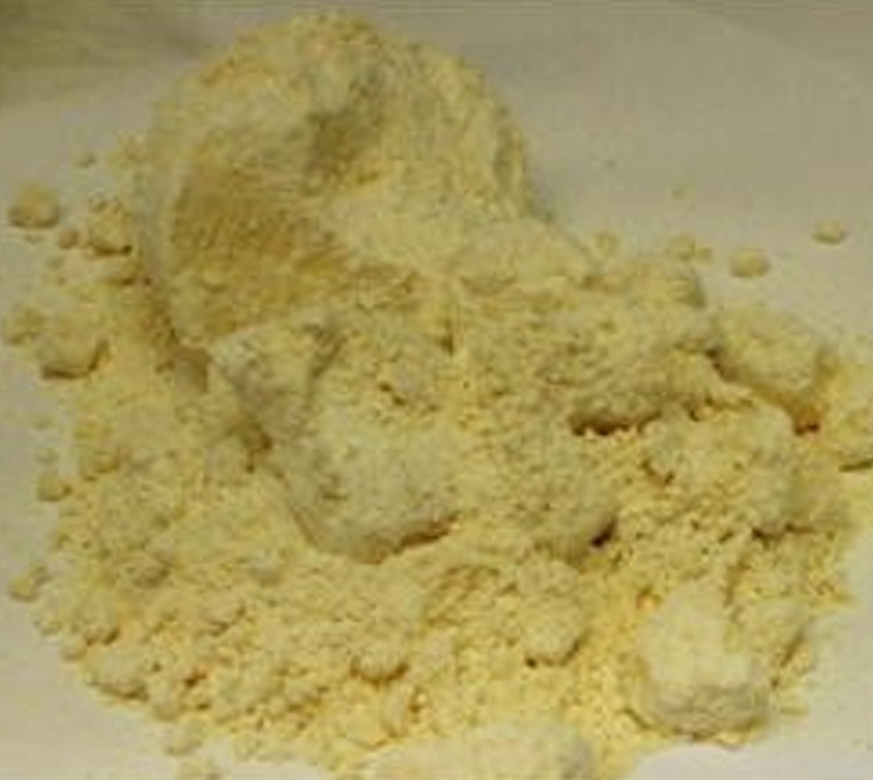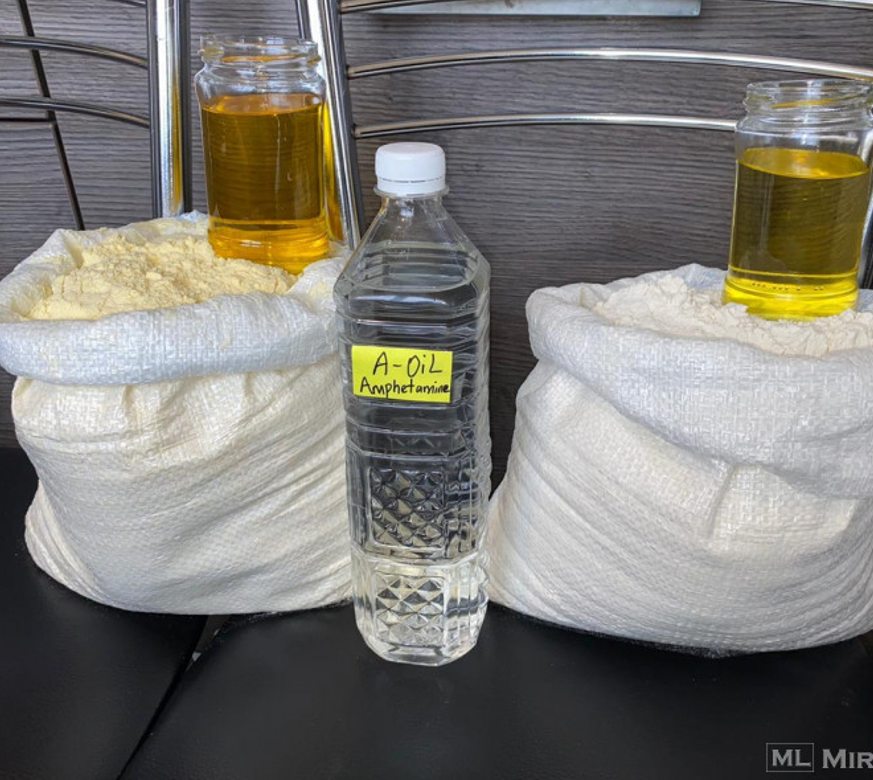ErapOils News
What's new in medicine, research, and health policy? Follow the channel and stay up to date. You are missing a topic or would like to send information to the editors - maybe uncover a grievance? Be sure to write to us: feedback: info@erapoils.com
Not even doctors know everything
Back to the roots: You can read here why disinfecting is good for the hands, why ASS Protect does not protect the stomach and what “taking three times a day” really means.
Doctors know quite a lot - but their knowledge can also be refreshed at one point or another in between. This can also help when communicating with patients. You already know all this and communicate it that way? All the better.
Warm or cold water – or should it be disinfected?
Washing hands with cold water is better for the skin than washing with warm water. Disinfecting hands with hand sanitizer is better for the skin than washing with cold water. Why? Washing your hands degreases your skin. Water and soap wash the lipids out of the skin and they disappear down the drain. They're gone forever - bye-bye.
The higher the temperature of the water, the more lipids are washed out of the skin in combination with the soap. If the temperature of a solvent is increased, more of the substance in question can be dissolved in it – up to a certain concentration. However, if you use a disinfectant instead of water, lipids are also dissolved from the skin, but after the disinfectant has evaporated, the lipids remain on the skin. That's called replenishing. So, compared to hand washing, hand sanitizing is better. Unless your hands are dirty, in which case it would of course be advisable to use water.
ASA and stomach problems
Gastric juice-resistant ASS 100 (Protect) should not dissolve in the stomach. This also works if you take them on an empty stomach, because the pH value of the stomach is low on an empty stomach – the tablet does not dissolve. However, food increases the pH value and the tablet then dissolves in the stomach. So remember: the pH of the stomach is acidic, but eating causes it to rise.
Saturday half past nine in the pharmacy
The FFP2 mask please one size larger, wholesalers are late (once again) and accept prescriptions by the way - although supposedly hardly any pharmacies do that anymore. Just a normal Saturday.
My colleague Sandra and I actually had a normal Saturday today. The phone kept ringing and people wanted either a rapid test or a PCR test. But on Saturdays there are only two of us in the pharmacy, so we really don't have time to ... oh right ... mum has been in the clinic since yesterday. OK. Exception. Come by.
Oh, the wholesaler is 40 minutes late and an email is reported - it's a good thing that we've already heard about it when there are only three unnerved people in the dispensary waiting for their orders. Yes. No problem. We'd be happy to explain that *gulp*.
Hokus POCUS mit Perikardtamponade
How do you distinguish pericardial tamponade from pericardial effusion? Even at 3 a.m., emergency medical professionals must make decisions within minutes before obstructive shock occurs.
This article is not - and this is important - about acute pericardial tamponade . That means: an echocardiographically demonstrable pericardial effusion and a simultaneous hemodynamic instability. This situation is usually always to be evaluated as a pericardial tamponade, which requires immediate pericardiocentesis . In this context, it is particularly important to consider that in the case of an acute pericardial tamponade (e.g. after trauma), even the smallest effusion (~ 50mL) can be sufficient for haemodynamic instability. In contrast to subacute tamponades, the pericardium does not have time to expand here.
Well, fancy blogging?
Are you a doctor, nurse, therapist, or paramedic? Do you experience things in your everyday life that you could write whole books about? Then blogging might be just the thing for you! Find out here if you fit in with us.
Medical professions are very diverse, but can also be stressful. For some, blogging about their experiences helps, whether to process them or to share them with others. To give medical bloggers a platform, ErapOils News sends out a blog edition every week. Current blog channels can be found here.
What does insulin have to do with cancer?
A recent study examines the relationship between insulin dose and cancer incidence in type 1 diabetics. You can read the amazing results here.
The study, led by Dr. Yuanjie Mao, studied the correlation between daily insulin dose and cancer incidence in patients with type 1 diabetes. It turned out that a higher insulin dose is positively associated with cancer incidence and that the association is stronger in patients with insulin resistance. The results were published in the Journal of the American Medical Association (JAMA) Oncology.
Ut ex turpis, faucibus sed feugiat ut, tempus nec nisi. Etiam vehicula est ut erat congue, et pulvinar sit lorem nibh aliquet.
Fast and secure shipping
Get a 5% discount this week
We are honest and friendly
we are a manufacturer


